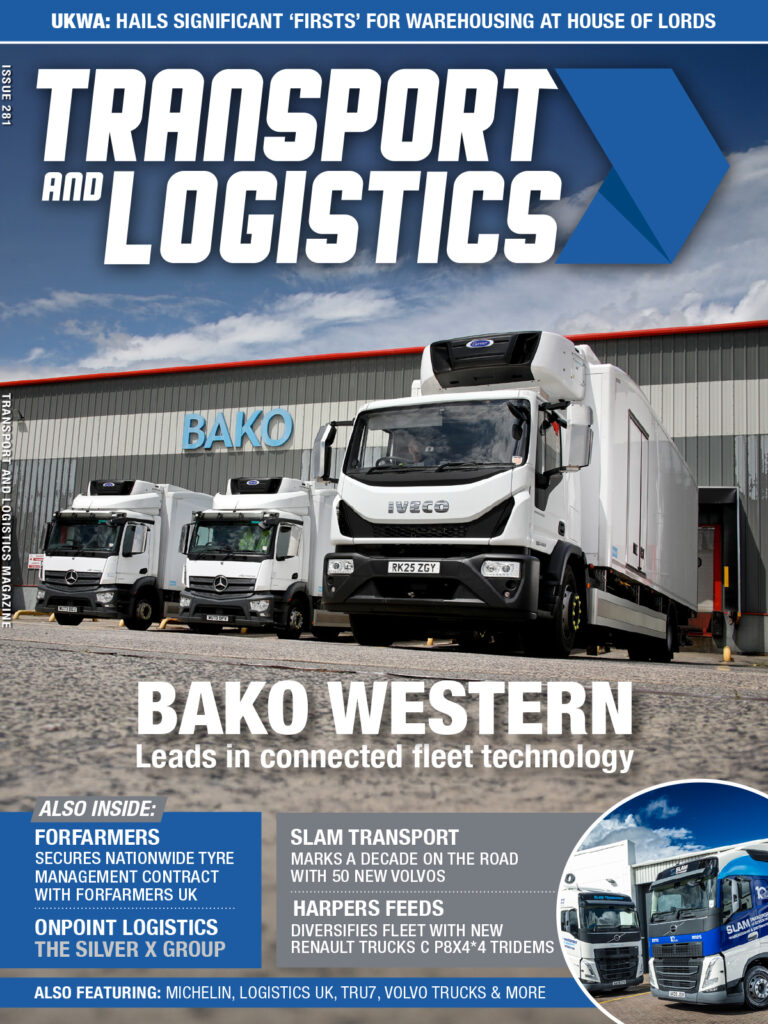An international logistics expert has said the last few days have illustrated a lesser highlighted form of damage a no-deal Brexit could cause UK businesses, including trade with businesses beyond the EU.
Adam Johnson, director of Leeds-based Tudor International Freight, said the EU had just announced a massive new free trade agreement with the Mercosur countries – Argentina, Brazil, Paraguay and Uruguay – and approved a similar treaty with Vietnam.
He said: “As the UK is currently an EU member, its businesses benefit from over 40 trade agreements the bloc already operates with more than 70 countries and regions worldwide. Leaving the EU without a deal will mean the UK losing this preferential access to markets accounting for about 11 per cent of our total trade, unless we agree new arrangements with the territories concerned.
“Yet the UK government has so far signed only 11 continuity agreements with these countries and regions and just one of them is within the 10 nations with which British companies do the most international business. In addition, Canada and Japan have refused to merely roll over their current trade treaties with the EU to a post-Brexit Britain if we leave the bloc without a deal.”
Mr Johnson said that should Britain depart the EU in these circumstances, potentially high tariffs and a host of other barriers to commerce – such as regulations, rules of origin, and quotas – would apply immediately to goods traded with countries and regions with which UK-specific free trade agreements were not in force.
He said: “Despite these significant handicaps for British businesses, both contenders for the Conservative party leadership, one of whom will become our next Prime Minister this month, are refusing to rule out a no-deal exit from the EU by the end of October.”
Mr Johnson said the trade agreement with the Mercosur bloc was the biggest in the EU’s history and one of the largest in the world, affecting 750 million people. It was part of a broader association arrangement between the two regions.
He said: “European countries already export a large amount to the Mercosur nations – $42bn worth of goods in 2016, for example – which, incidentally, illustrates the idea that the UK has to be outside the EU to be a global trading powerhouse is a fallacy.
“However, tariff barriers to EU products are currently high – including 35 per cent on cars, 20 to 35 per cent on machinery and related components, plus 14 per cent on pharmaceuticals – and this agreement will remove those obstacles.”
Mr Johnson said EU exports to Vietnam currently faced high tariffs too – up to 78 per cent on cars and 50 per cent on wine, for instance – but the new agreement was set to remove these for 99 per cent of goods traded between the parties over the next 10 years. The European Commission had estimated the deal would increase EU exports to Vietnam by 29 per cent and goods moving in the opposite direction by 18 per cent.
He said: “Since the UK’s 2016 EU referendum, much of the focus domestically has been on Brexit’s potential effects on our currently frictionless trade with the EU. This is understandable, as the bloc is by far our largest international commercial partner.
“But the agreements with the Mercosur states and Vietnam illustrate starkly some other important trading benefits UK businesses could lose if we left the EU without a deal. It seems there’s no chance of our own trade agreements being put in place with all the countries and regions we’re currently transacting with under preferential EU arrangements before we leave.”
Mr Johnson said that even where there was a mutual will to simply roll such agreements over, this was not necessarily simple, as the existing EU treaties were based on the bloc’s law, not the UK’s, for instance. And he added originating trade agreements from scratch today invariably took even longer – the EU’s arrangements with the Mercosur nations and Canada were 20 and seven years respectively in the making, for example.
He said other complicating factors included many of the UK’s potential trading partners wanting our future relationship with the EU to be clear before they committed themselves to agreements with us.
Mr Johnson said: “Britain alone is also unlikely to have the bargaining power to drive the favourable deals it enjoys as part of the EU, the authority over the world’s largest market, particularly as our partners will know how anxious we are to conclude agreements with them. It’s also doubtful we possess the experience or expertise to negotiate multiple free trade deals simultaneously, as we haven’t had to conclude one in our own right since we joined the EU in 1973.”












